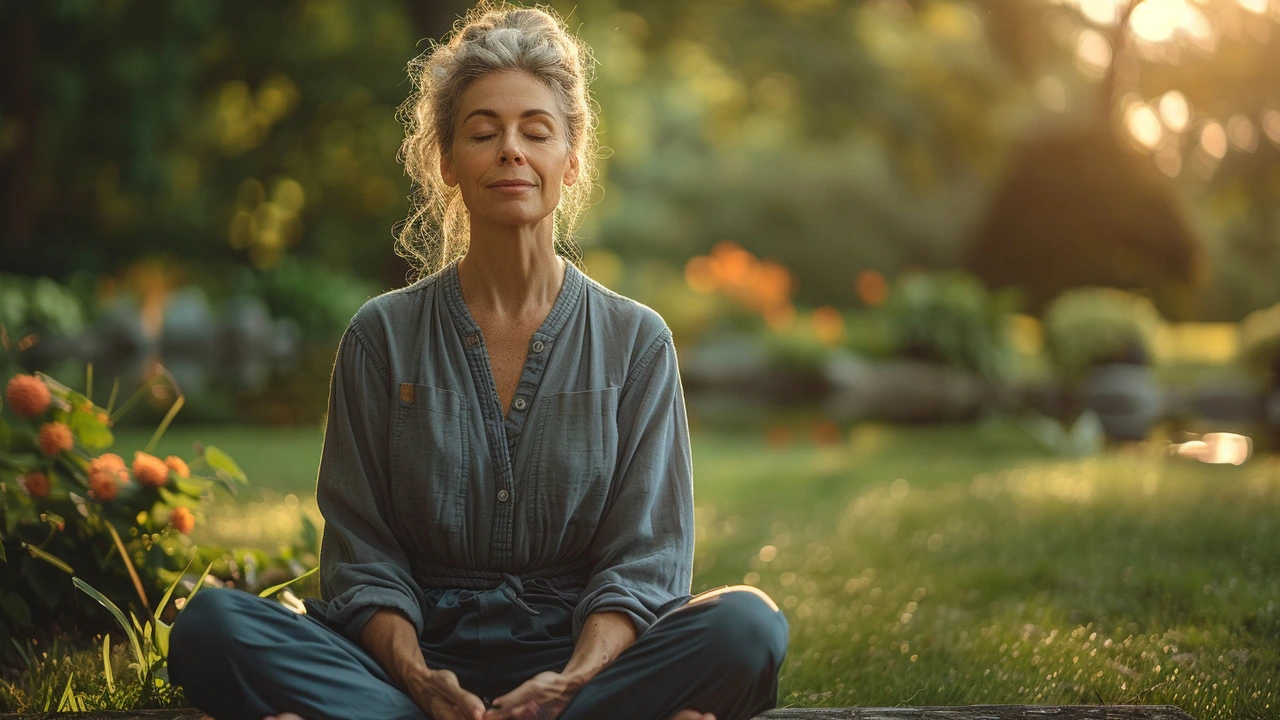Anxiety Reduction: Practical Tools to Calm Your Mind
Feeling anxious can hit at any time. The good news: small, specific actions often lower anxiety fast and keep it from returning. Below you’ll find quick relief moves you can use anywhere, plus daily habits that make calm the default.
Fast relief you can do now
Start with a 4-4-8 breathing pattern: breathe in for 4 seconds, hold 4, exhale 8. Repeat four times. Pair that with a grounding trick: name five things you can see, four you can touch, three you can hear. Both methods shift your nervous system away from panic and back toward control.
Aromatherapy can help in the moment. Keep lavender or bergamot in a small roller and inhale for a minute when stress spikes. If you travel or need a discreet option, a few drops on a tissue work too.
Daily habits that cut anxiety over time
Build routines that reduce baseline anxiety. Sleep matters: go to bed at the same time and cut blue light an hour before sleep. Eat a balanced breakfast with protein and fiber to avoid blood sugar crashes that worsen anxiety—try healthy breakfast ideas to get started. Move daily. Even a brisk 20-minute walk lowers stress hormones and clears the head.
Practice short, regular mindfulness or meditation sessions. You don’t need long sits—five to ten minutes daily improves focus and lowers reactivity. For kids or beginners, try playful or guided exercises to make it stick.
Track small wins with realistic health goals. Clear, doable targets—like three workouts a week or daily 10-minute meditations—build confidence and reduce worry about the future.
Biofeedback and breath-training can speed progress. Biofeedback tools show your heart rate or skin signals in real time so you learn what calms you. If tech appeals to you, look into helpful guides on biofeedback techniques and stress reduction to see how sessions work.
Mind your gut. Good gut habits—fiber, fermented foods, and regular meals—support mood and energy. Hydration and a post-workout recovery plan (even a simple health juice) help your body reset, which lowers anxious feelings.
When to get more help: if anxiety stops you from doing daily tasks or lasts most days for weeks, reach out to a professional. Short-term therapies, guided meditation programs, and biofeedback are all useful options a clinician can recommend.
Want more practical reads? Check these Karma Health Hub articles: “Stress Reduction: Mastering the Art for Real Relief,” “Biofeedback for Stress Reduction,” “Meditation: The Secret to Increased Productivity,” “Aromatherapy: Unlocking Wellness and Calm with Scents,” and “Healthy Breakfast Benefits.” Each offers clear steps you can try today.
Pick one quick technique and use it consistently for a week. Small changes add up, and you’ll notice the difference.

Meditation for Stress Relief: Harnessing Calm in a Chaotic World
In today's fast-paced world, stress and anxiety are common concerns that can dampen one’s quality of life. Meditation emerges as a powerful tool not only for achieving mental peace but also for enhancing overall health. This article dives into the benefits of meditation, integrates practical guidance on how to meditate effectively, and explores its profound impact on combating stress and anxiety. Discover how simple daily meditation practices can lead to significant improvements in your mental and physical health.
Read More